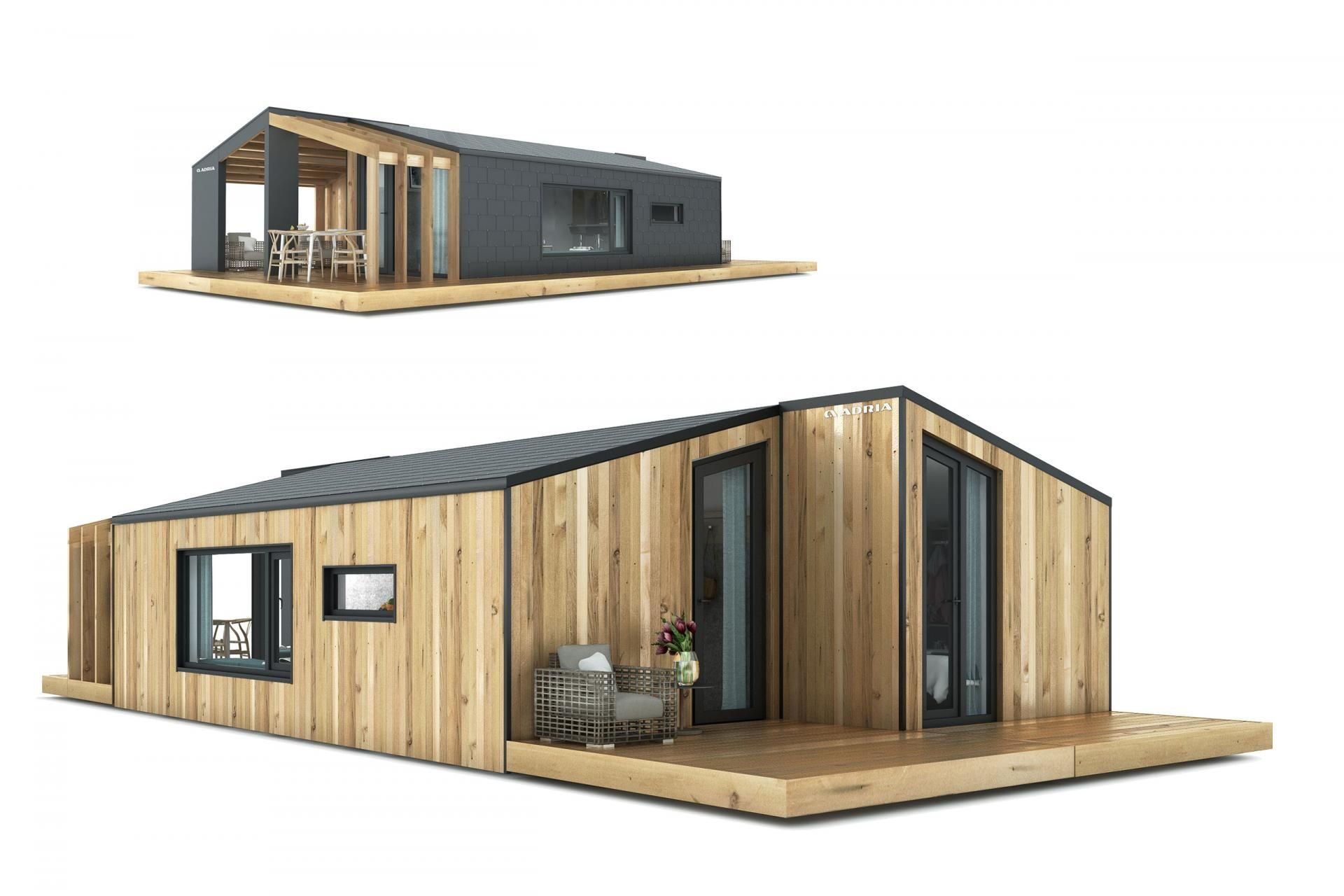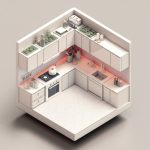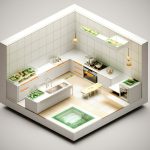[Do Modular Homes Appreciate in Value: A Real Estate Analyst’s Perspective] – The growing popularity of modular homes raises questions about their value appreciation potential. This article delves into the factors that influence the long-term worth of modular homes, addressing the question of whether they appreciate in value and providing insights for potential buyers and investors.
Key Takeaways:
- Modular homes do not decrease in value like mobile homes.
- They maintain or increase in value with proper maintenance.
- Additions like crawlspaces, basements, and modern touches enhance their worth.
- Modular homes have a higher return on investment, approximately 84%.
- They are more affordable to build than traditional homes, around 15% less expensive.
Do Modular Homes Appreciate in Value?
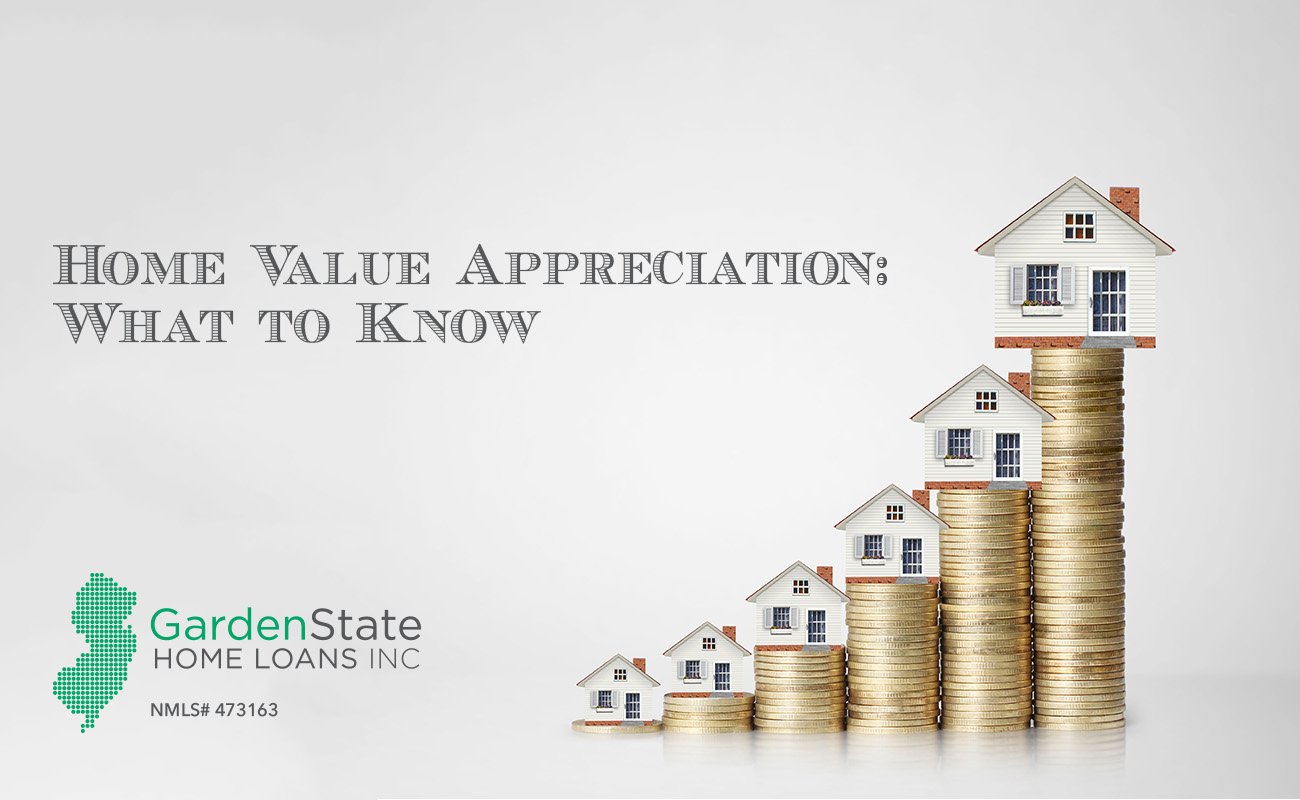
Modular homes have been gaining popularity as an alternative to traditional on-site construction.
But do modular homes appreciate in value like their stick-built counterparts?
Yes, modular homes can appreciate in value if properly maintained. Here’s a closer look:
Value Drivers for Modular Homes
-
Permanent Foundation: Unlike mobile homes, modular homes are built on permanent foundations and feature crawlspaces or basements, enhancing their stability and value.
-
Quality Construction: Modular homes are built in controlled factory environments, which helps ensure consistent quality and durability. They also meet the same building codes as traditional homes.
-
Energy Efficiency: Many modular homes are designed to be energy-efficient, reducing operating costs and enhancing their long-term value.
-
Customization Options: Just like traditional homes, modular homes offer a wide range of customization options, allowing homeowners to tailor their homes to their specific needs and preferences.
Factors Impacting Appreciation
-
Location: As with any real estate investment, location is a key factor in determining appreciation potential. Homes in desirable areas tend to appreciate more than those in less desirable locations.
-
Maintenance: Proper maintenance is crucial for preserving value in any home, including modular homes. Regular maintenance ensures that the home remains in good condition and minimizes repairs.
-
Market Conditions: Real estate market conditions, such as interest rates and economic growth, can influence the appreciation potential of all homes, modular or not.
Conclusion
Modular homes can appreciate in value just like traditional homes. By understanding the factors that drive value and making informed decisions, homeowners can maximize their investment and enjoy the benefits of a modular home’s appreciation potential.
Are you curious about the depreciation of manufactured homes? Click here to learn do manufactured homes depreciate.
For those interested in the appreciation of modular homes, we recommend visiting do modular homes appreciate for further insights.
Want to know if modular homes retain their value? Explore do modular homes hold their value to find your answer.
If you’re seeking inspiration for leaving home and going back to hostel, these quotes will surely resonate with you: going back to hostel from home quotes.
Appraisal Methods and the Impact on Value
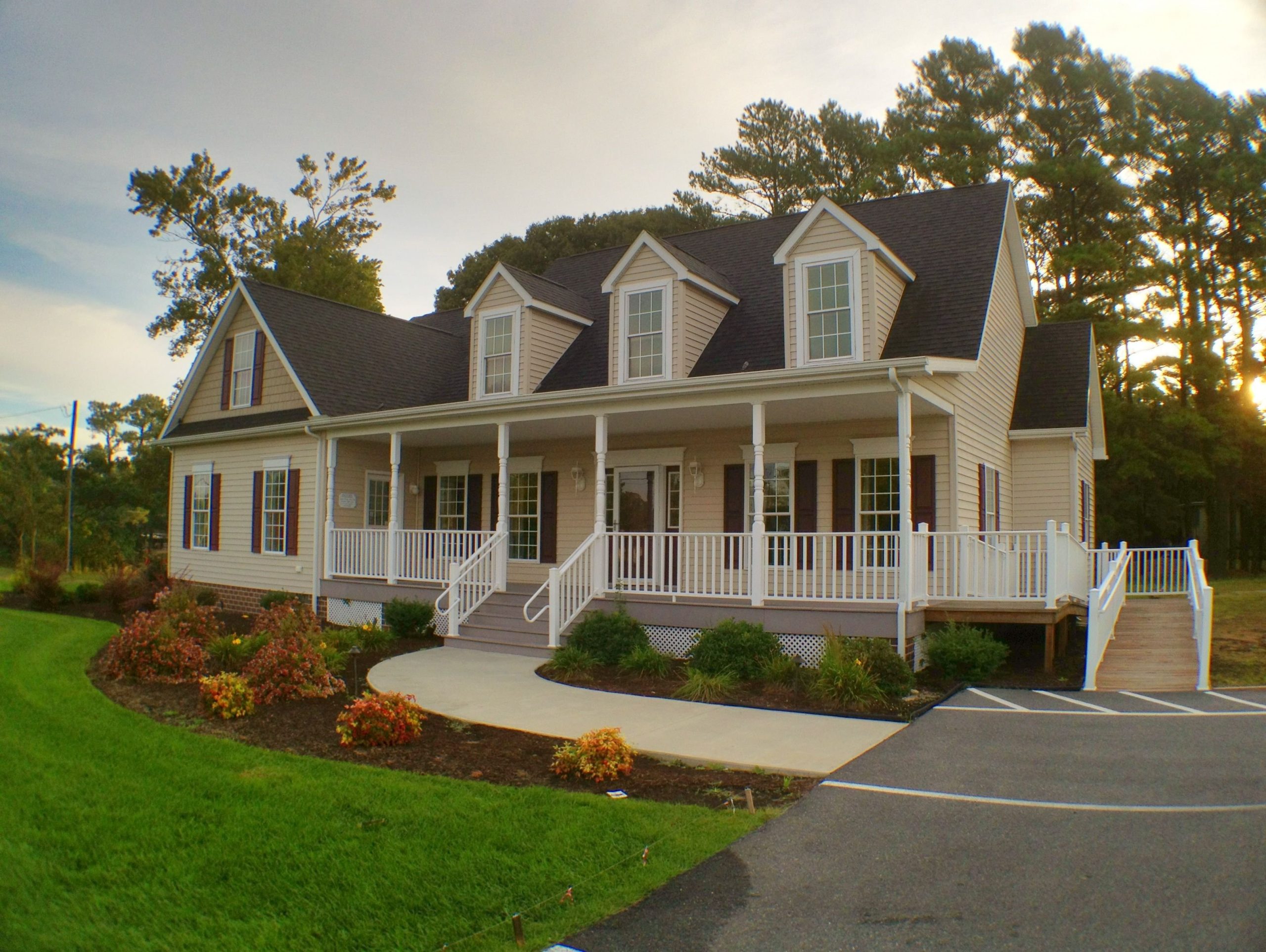
Key Takeaways:
- Appraisal methods profoundly influence the valuation of modular homes.
- The cost approach considers construction materials and labor costs to determine the home’s value.
- The sales comparison approach compares the home to similar sales in the area to determine its worth.
- The income approach considers the rental income potential of the home to determine its value.
- The choice of appraisal method can significantly impact the final valuation of a modular home.
Modular homes are built in a controlled factory environment, allowing for precise construction and efficient use of materials. This makes them comparable to traditional site-built homes in terms of quality and durability. Consequently, modular homes can appreciate in value similarly to traditional homes when properly maintained.
The appraisal method used by the appraiser plays a crucial role in determining the value of the modular home. The three primary appraisal methods are:
-
Cost Approach: This method estimates the home’s value by adding up the costs of materials, labor, and other expenses incurred in its construction.
-
Sales Comparison Approach: This method compares the home to similar homes that have recently sold in the area to determine its market value.
-
Income Approach: This method considers the potential rental income the home could generate to determine its value.
The choice of appraisal method depends on various factors, such as the availability of comparable sales in the area and the potential rental income. A well-trained appraiser will consider all relevant factors and choose the most appropriate method to determine the fair market value of the modular home.
Citation:
– How are Modular Homes Appraised and Valued
Location and Desirability of Modular Home Communities
Like traditional homes, the value of modular homes is heavily influenced by their location. Desirable communities with good schools, parks, and amenities tend to support higher home values. Here are some factors to consider:
- Proximity to urban areas: Modular homes near major cities often appreciate faster due to the convenience and job opportunities they offer.
- Quality of the community: Well-maintained communities with low crime rates and a sense of community can boost home values.
- Land size: Larger lots can be more desirable, translating into higher property values.
Overall, choosing a modular home in a desirable location with amenities and growth potential can significantly enhance its appreciation potential.
Key Takeaways:
- Location plays a crucial role in the appreciation potential of modular homes.
- Desirable communities with good amenities, proximity to urban areas, and quality of life support higher home values.
- Consider the size of the lot and the overall quality of the community when selecting a modular home for investment.
Relevant URL Sources:
- Do Modular Homes Hold Their Value? Pros, Cons, & Appreciation
- Modular Homes: Life Expectancy, Durability, and Resale Value
Long-term appreciation potential compared to traditional homes
Understanding the long-term appreciation potential of modular homes compared to traditional homes is crucial. Just like their site-built counterparts, modular homes have the potential to increase in value over time if properly maintained. Many factors determine a property’s value, and modular homes are no exception.
Key Takeaways:
- Modular homes can appreciate in value similarly to traditional homes.
- Location and condition significantly impact a modular home’s value.
- Energy efficiency, customization, and quality materials enhance its long-term worth.
Factors Impacting Appreciation:
- Location: Modular homes in high-demand areas tend to appreciate faster than those in less desirable locations.
- Condition: Well-maintained modular homes with regular upkeep appreciate better than neglected ones.
- Quality: Homes constructed with durable materials and energy-efficient features hold and increase their value better.
- Customization: Modular homes offer a wide range of customization options, such as floor plans and finishes. Personalized homes tend to be more appealing to buyers, boosting their value.
- Energy Efficiency: Energy-efficient modular homes are more sustainable and cost-effective to operate, increasing their appeal to environmentally conscious buyers, which ultimately leads to higher appreciation rates.
Citations:
- Do Modular Homes Hold Their Value? Pros, Cons, & Appreciation
- Modular Homes: Life Expectancy, Durability, and Resale Value
FAQ
Q1: Do modular homes appreciate in value over time?
A1: Yes, modular homes can appreciate in value over time, especially if they are properly maintained and located in a desirable area.
Q2: Is the depreciation rate of modular homes higher than traditional homes?
A2: No, the depreciation rate of modular homes is not higher than that of traditional homes. Properly maintained modular homes can appreciate at a similar rate to traditional homes.
Q3: What factors influence the resale value of modular homes?
A3: The resale value of modular homes is influenced by several factors, including location, size, design, and the quality of materials used.
Q4: Can modular homes be customized to increase their value?
A4: Yes, modular homes can be customized to increase their value. Unique features, energy efficiency upgrades, and high-quality materials can enhance the long-term value of a modular home.
Q5: Are modular homes a good investment?
A5: Modular homes can be a good investment, especially if they are purchased in a desirable location and properly maintained. They offer a high return on investment compared to traditional homes and can appreciate in value over time.
- White On White Kitchen Backsplash: Is It Timeless? - November 20, 2025
- Backsplash Colors for White Cabinets: Find Your Perfect Match - November 19, 2025
- Backsplash Ideas for White Cabinets: Find Your Perfect Style - November 18, 2025
